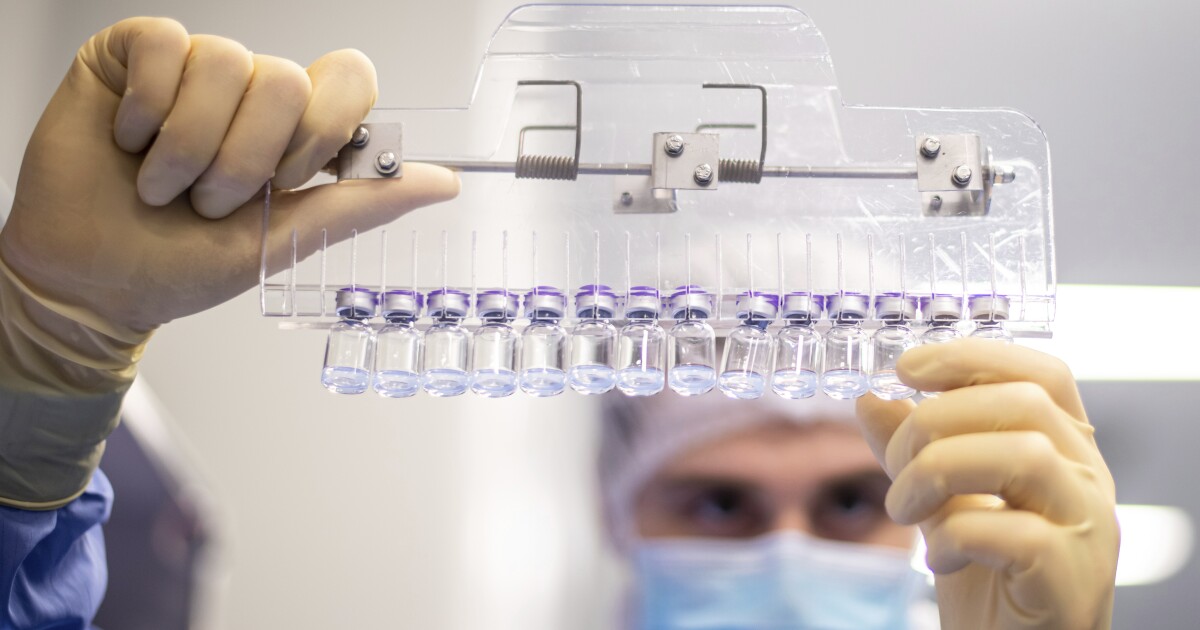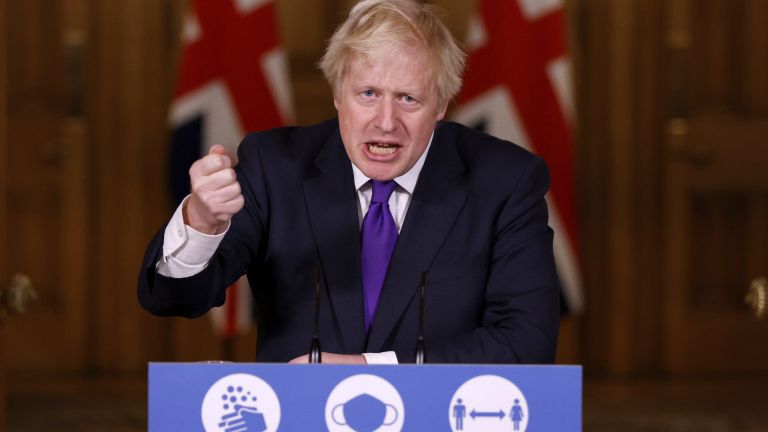Booster vaccines against COVID-19 may be approaching for at least some Americans, but the Joe Biden administration is already lowering expectations, illustrating when it has yet to be determined scientifically.
The initial plan was to offer the reinforcements of Pfizer or Moderna as of September 20 under authorization from federal regulators. But the government now admits that Moderna booster doses probably won’t be ready by then, as the Food and Drug Administration (FDA) needs more evidence to decide. Also, Moderna wants the booster to be half the dose of the original injections.
Regarding the Pfizer booster, who really needs another immediate dose is not a simple decision either. What will be recommended at the end for an 80-year-old vaccinated in December may be different than for a 35-year-old immunized in the spring, who would almost certainly get a stronger boost if she waits longer for an additional injection.
Scientific advisers to the FDA will publicly debate Pfizer’s evidence on September 17, just three days before the date set by the government to begin the boosters. If the FDA approves another dose, then advisers from the US Centers for Disease Control and Prevention (CDC) will recommend who should receive them.
That’s tricky, because while data derived from actual experience indicates that vaccines used in the United States continue to offer strong protection against severe illness and death from coronavirus, their ability to prevent moderate infections is declining. It is not clear how much of this is due to lowered immunity or the delta variant – which is more contagious – or the fact that delta struck just as much of the country abandoned the use of masks and other precautions.
When to start boosters “becomes a matter of judgment,” said Dr. Jesse Goodman, a former chief of vaccines at the FDA. “And is it urgent or do we have time to wait for the data?”
The CDC is already considering recommending the first boosters only for nursing homes and older people who would be at higher risk of becoming seriously ill if their immunity drops, and healthcare workers who cannot work with even a weak infection.
–


